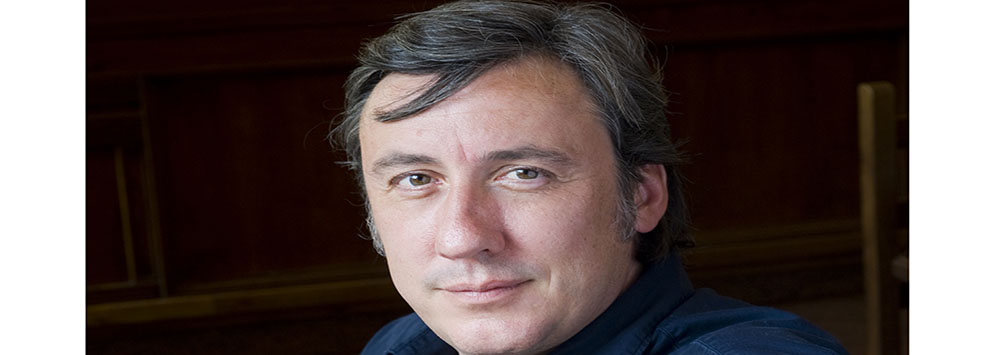Born in London in 1960, Andrew Graham-Dixon is one of the leading art critics and presenters of arts television in the English-speaking world. He has presented numerous landmark series on art for the BBC, including the acclaimed A History of British Art, Renaissance and Art of Eternity, as well as numerous individual documentaries on art and artists. For more than twenty years he has published a weekly column on art, first in the Independent and, more recently, in the Sunday Telegraph. He has written a number of acclaimed books, on subjects ranging from medieval painting and sculpture to the art of the present.
He has a long history of public service in the field of the visual arts, having judged the Turner Prize, the BP National Portrait Prize and the Annual British Animation Awards, among many other prizes. He has served on the Government Art Collection Committee, the Hayward Advisory Committee, and is currently a member of the board of the Baltic Centre for Contemporary Art in Gateshead.
Caravaggio – A Life Sacred and Profane
Michelangelo Merisi da Caravaggio lived the darkest and most dangerous life of any of the great painters. The worlds of Milan, Rome and Naples through which Caravaggio moved and which Andrew Graham-Dixon will describe, are those of cardinals and whores, prayer and violence. Andrew Graham-Dixon has spent a decade piecing together the scraps of evidence left of Caravaggio’s life in pursuit of answers to questions that have long puzzled scholars. In this lecture he will reveal the identities of the ordinary people – often prostitutes and the very poor – that Caravaggio used as models for his depictions of classic religious scenes; describe the drama, immediacy and humanity of Caravaggio’s paintings that completely departed from the conventions of his time; and explore what really happened during that fateful duel, and offer perhaps the most convincing account yet of the extraordinary circumstances of Caravaggio’s death.
Back to: Alumni
